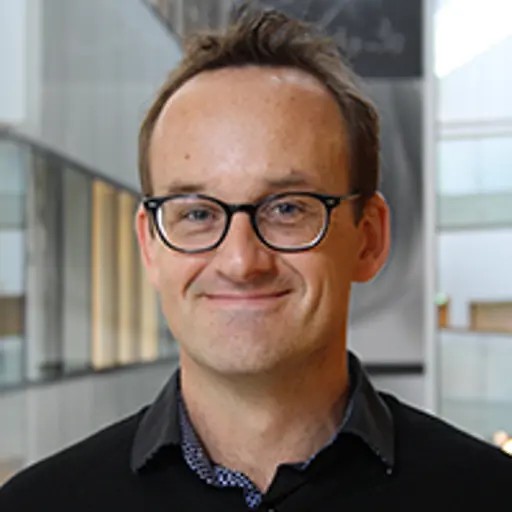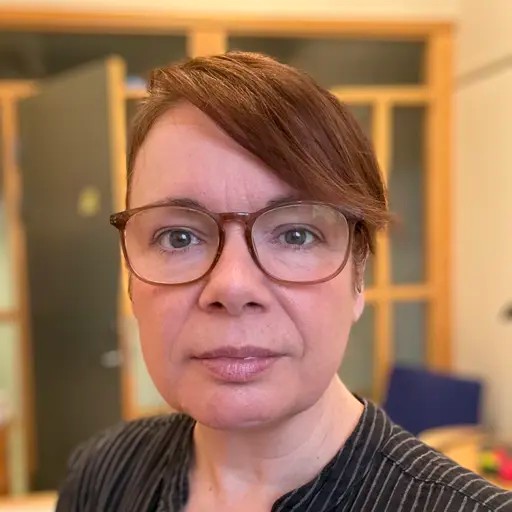


On April 24th, WACQT hosted the third annual Industry Workshop, attracting nearly 90 industry representatives and researchers. The event highlighted the growing interest and commitment to quantum technology, featuring a comprehensive program aimed at promoting collaboration and innovation.
Interest in quantum research and technology is growing rapidly. Quantum computers are being applied in fields like chemistry and optimization, showing their practical potential. The integration of quantum and classical systems is becoming more common, enhancing problem-solving capabilities. Countries like the USA and China are investing heavily in quantum technology, which is leading to a global race.
WACQT aims to position Swedish research and industry at the forefront of quantum technology. Collaboration, investment, and education are keys to advancing quantum technology. The workshop is therefore a crucial activity for connecting experts and stakeholders in the field. The day offered opportunities to mingle, visit company exhibitions tour the labs, and engage in valuable networking and collaboration.
WACQT updates
WACQT is now in it's eighth year and has become a team of over 200 people (of whom 2/3 are salaried via WACQT, attracting scientists and engineers from all over the world (48 countries) to Sweden, in collaboration with industrial partners enabling technology partners andspin-offs (including a holding companies). Professor Göran Johansson, WACQT director, highlighted an additional SEK 20 million funding for research arenas and collaborations with other strategic Knut and Alice Wallenberg Foundation programs.
Professor Lena Gustafsson, WACQT’s board chairperson, emphasized the quantum technology ecosystem in Sweden and linkages abroad and the collaborative efforts between Swedish institutions and global partners to advance quantum research.

National and EU Perspectives
Dr Laurent Saunier from Vinnova discussed the strategic perspective and national policy on innovation, stressing the importance of long-term societal changes driven by collaboration. Dr. Thierry Botter, Executive Director of the European Quantum Industry Consortium (QuIC) provided insights into the EU's strategies and investments in quantum technology.
"The WACQT Industry Day brought together key figures from Sweden’s business research and government communities. QuIC was proud to serve as a bridge to the broader European quantum industry. Sweden’s strengths in quantum research and innovation are clear and can play a pivotal role in shaping the future of Europe’s quantum ecosystem”, says Thierry Botter.
Industry Collaboration
Dr.Beatriz Grafulla, head of applied generative AI at Ericsson showcased successful industry collaborations, while Elmar Mitterreiter from IBM explored quantum use cases in simulation and computation.
"The WACQT ecosystem really stood out to me: its strength lies not just in research, but in how seamlessly it connects theory to application with a broad set of industry partners. An interesting question was how we align such ecosystems globally to accelerate progress", says Elmar Mitterreiter.
The afternoon featured parallel sessions:
SMEs and Funding Opportunities
Spin-offs and enabling partners, including Atlantic Quantum, ConScience, Deep Light Vision, Intermodulation Products, QET Sweden, Qucertify, SCALINQ, Sweden Quantum, and WACQT-IP pitched highlights of their core business activities including how they contribute to the development of quantum technology.
Jeanette Dypbukt and Ulf Öhlander from Vinnova, Pontus de Laval, Senior Advisor at Knut & Alice Wallenberg (presenting Wallenberg Launch Pad (WALP) and Navigare), and Mattias Bertolino from Industrifonden, and Peter Viereck from the Danish Quantum Community presented various funding options and calls.
Industry, Educational, and Networking Opportunities
The session included hands-on activities, providing a comprehensive look at how quantum technology education and networking can support industry needs.
Presentations by Mikael Rönnholm, Director Emerging Technologies at Volvo Group and Peter Sutton, Director, Software Development, Crew & Network Operations Management, Boeing on what industries require in terms of quantum education.
Professor Peter Samuelsson presented the WACQT Graduate School, emphasizing the importance of training the next generation of quantum researchers. Professor Katia Gallo gave a brief update on educational activities within the National Quantum Communication Infrastructure in Sweden (NQCIS).
Dr. Peter Viereck from the Danish Quantum Community and Juho Pirinen (Corporate Relations Manager at Aalto University) from the Finnish Quantum Institute shared insights into their respective quantum initiatives, highlighting the importance of international collaboration.
Dr. Camilla Johansson and Johan Felix from the Quantum Sweden Innovation Platform (QSIP) discussed the platform's role in supporting quantum innovation and building strong networks within Sweden and abroad.
Dr. Mårten Skogh provided an overview of the WACQT Quantum Technology Testbed at Chalmers Next Labs, showcasing it's capabilities and ongoing projects. Dr. Pontus Vikstål led a hands-on session, demonstrating how the Quantum Approximate Optimization Algorithm (QAOA) can be used to solve flight scheduling optimization problems.

Panel Discussion: When will quantum computing provide a useful advantage?
The day concluded with a panel discussion moderated by Göran Johansson, with companies that develop quantum computers, such as IBM, IonQ, Pasqal and Atlantic Quantum, regarding when quantum computers will be in commercial operation, and investigating potential use cases for quantum computing and simulation.
The panel debated the usefulness of existing quantum computers, with some panelists arguing that they are already valuable for specific applications, while others suggested truly useful quantum computers are still years away. The discussion touched on the challenges of identifying suitable problems for quantum computers, the importance of integrating quantum and classical computing, and the need for standardisation in the field. Funding disparities between countries, particularly between US and China versus Europe, were highlighted as a concern. The debate also covered various metrics for assessing quantum computer performance, including energy efficiency, speed, and accuracy. The need for increased investment in quantum computing infrastructure and research in Sweden was also emphasised, as well as the importance of industry involvement in driving progress.
Thanks to all participants, guests, speakers, and partners for the fantastic engagement!

- Full Professor, Applied Quantum Physics, Microtechnology and Nanoscience

- Director Industrial Relations, MC2 Operations Support, Microtechnology and Nanoscience